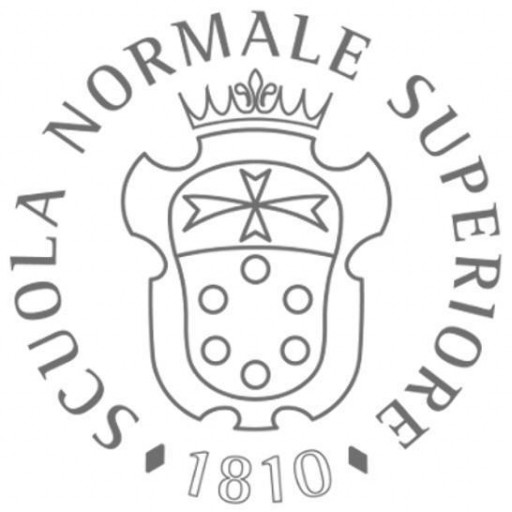Photos of university / #bilkentuniv
Advertisement
The program is designed to concentrate on the areas of Ottoman History, European History and the History of the United States.
The preparatory year prior to the Master's program provides a background in Western and Turkish history.
The first year in the Master's program features specialized courses in Ottoman History, European History, and the History of the United States. Students should by then have acquired a solid knowledge in history so as to be able to raise questions concerning more specific historical themes. During the second year the student begins to write his/her Master's thesis under the supervision of an advisor. During the Master's program the student is expected to submit papers at the end of each semester.
Degree Requirements:
* Completion of at least 24 graduate-level credits after a preparatory year.
* Within the program there are three tracks: Ottoman History, European History, and American History. Elective and Restricted Elective courses appropriate to each track will be designated within the curriculum below.
* Students of Ottoman History must demonstrate competence in Ottoman Turkish and one modern language other than English or Turkish.
* Students of European History and the History of the United States must demonstrate competence in one modern language other than English or Turkish.
* A Master's thesis must be submitted and accepted.
* A grade point average of at least 3.00 must be maintained for the totality of Master's level work.
CURRICULUM FOR THE MASTER OF ARTS PROGRAM Courses
Course Name
* Academic Practices
* Methodology in History I
* Methodology in History II
* Master's Thesis
* Pre-Thesis Seminer
* Elective
* Restricted Electives (5)
Want to improve your English level for admission?
Prepare for the program requirements with English Online by the British Council.
- ✔️ Flexible study schedule
- ✔️ Experienced teachers
- ✔️ Certificate upon completion
📘 Recommended for students with an IELTS level of 6.0 or below.
FINANCIAL ASSISTANCE
Currently about 80% of the graduate students receive financial support. Financial assistance is provided in the form of a tuition waiver or a tuition waiver plus a monthly stipend. The amount of the stipend is adjusted annually to cover changes in the cost of living.
Both admission and financial assistance are based on academic accomplishment and scholarly promise alone, without regard to gender, race, ethnicity, religion, age, national origin or physical disabilities.








